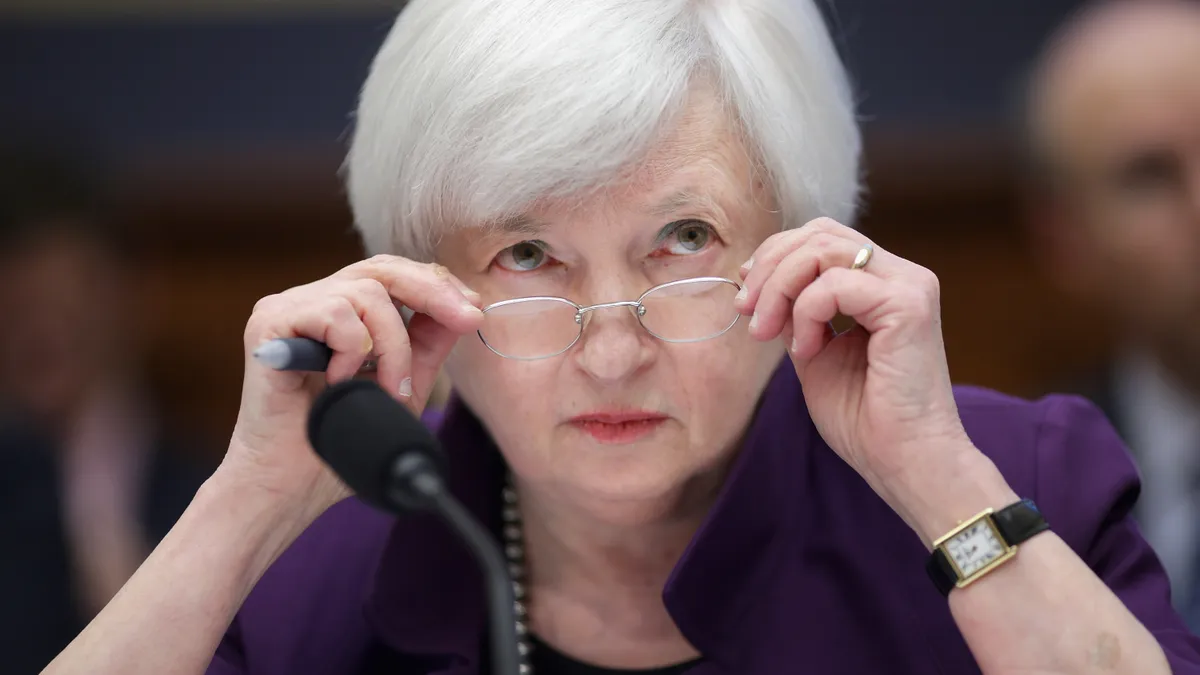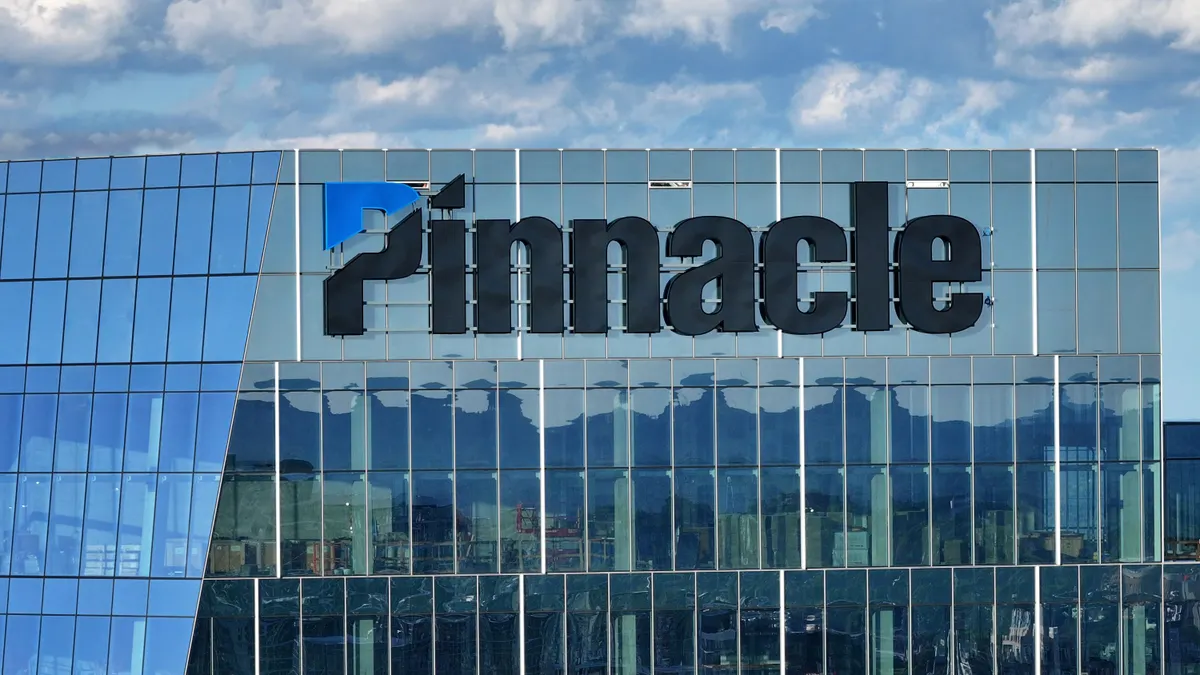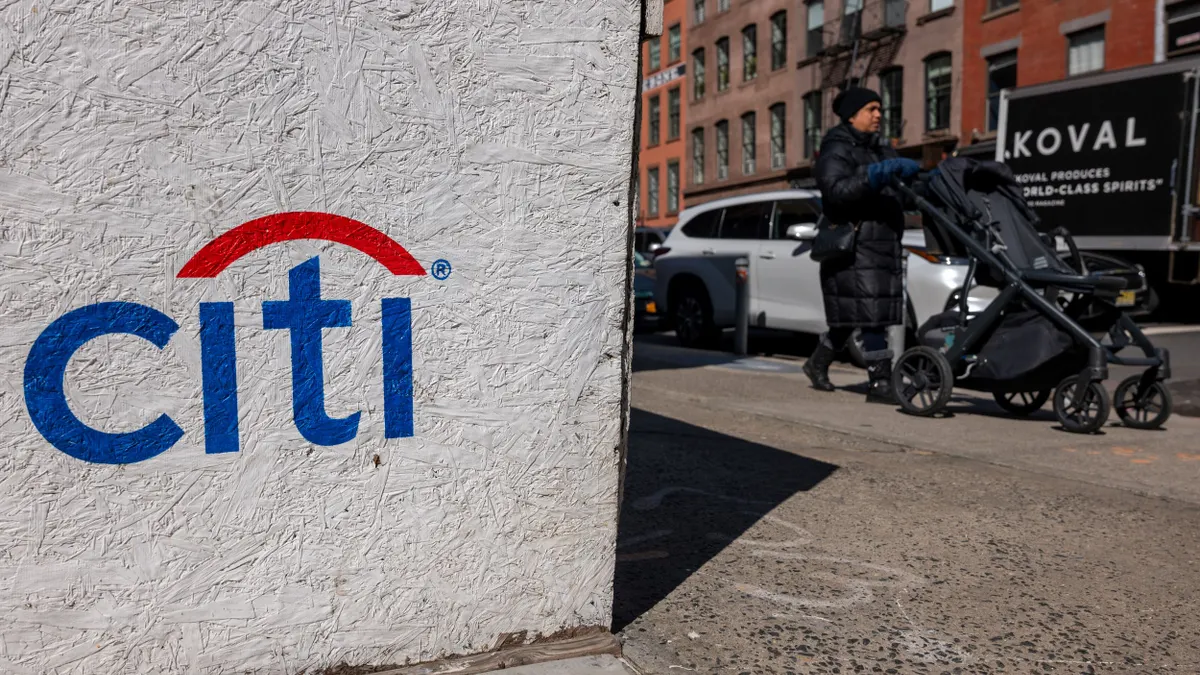The Treasury Department remained markedly mum over its Monday meeting of the President’s Working Group on Financial Markets, which convened to discuss "the rapid growth of stablecoins, potential uses of stablecoins as a means of payment, and potential risks to end-users, the financial system, and national security," the department said in a press release.
Treasury Secretary Janet Yellen "underscored the need to act quickly to ensure there is an appropriate U.S. regulatory framework in place," according to the release.
That directive dovetails with comments Federal Reserve Chair Jerome Powell made last week to the House Financial Services Committee, comparing stablecoins to money market funds or bank deposits "but without the regulation."
"We have a pretty strong regulatory framework around bank deposits, for example, or money market funds. That doesn’t exist really for stablecoins," Powell told lawmakers last week.
Banks can lend out deposits, for example, but must keep a portion as reserves and meet specific lending standards.
"If they are going to be a significant part of the payments universe — which we don’t think crypto assets will be but stablecoins might be — then we need an appropriate regulatory framework, which frankly we don’t have," Powell said last week.
Stablecoins are digital tokens pegged to traditional currencies such as the dollar. That tie curbs some of the volatility that has plagued other digital assets. Bitcoin, for example, grew more than tenfold in value in the year after the COVID-19 pandemic began, but has fallen by half in the past three months.
Regulators have expressed concern that a lack of transparency in the stablecoin space may mean the companies issuing them don’t have adequate reserves.
Cryptocurrency exchange Bitfinex and the stablecoin Tether agreed to pay $18.5 million in February to settle allegations they hid the loss of hundreds of millions of dollars in commingled client and corporate funds and lied about their reserves, New York's attorney general's office said. The state found that Tether was, at one point, just 74% backed by cash and short-term securities, according to Bloomberg. As part of the settlement, Tether agreed to give state officials two years’ worth of quarterly reports detailing the composition of Tether's reserves by type and percentage, and to release the reports publicly.
Regulators’ increased focus comes as the market value of U.S. dollar-backed stablecoins has surpassed $100 billion, Bloomberg reported.
Varying viewpoints
Opinions of stablecoins vary among monetary policy organizations. The Basel Committee on Bank Supervision and the Bank for International Settlements (BIS), in reports last month, distinguished stablecoins as a separate asset class from cryptocurrencies and central bank digital currencies (CBDCs). While Basel recommended exempting stablecoins from the same harsh risk weighting it suggested for crypto, the BIS called stablecoins "an appendage to the conventional monetary system and not a game-changer," further criticizing them for "attempt[ing] to import credibility by being backed by real currencies."
The Yellen-led working group expects to issue its own recommendations on stablecoins in the coming months, the Treasury Department said Monday. The panel — which officially consists of Yellen, Powell and the heads of the Securities and Exchange Commission and the Commodity Futures Trading Commission, but on Monday was joined also by Federal Deposit Insurance Corp. Chairman Jelena McWilliams and Acting Comptroller of the Currency Michael Hsu — heard a presentation from Treasury staff on the preparation of a report on stablecoins.
"In light of the rapid growth in digital assets, it is important for the agencies to collaborate on the regulation of this sector and the development of any recommendations for new authorities," Yellen said Friday in a press release announcing the meeting.
Several factors accelerated regulator and lawmaker interest in stablecoins. Perhaps the most influential has yet to launch. Facebook and more than 20 other backers in 2019 envisioned Libra — now renamed Diem — as a token backed by a global basket of currencies. But the initiative faced pushback from government officials in the U.S. and Europe, who cited privacy issues and warned the currency would become a target for money laundering and terrorist financing. A handful of big-name backers withdrew from the project, which has scaled down its ambitions.
Separately, a number of countries — notably China — have begun experimenting with issuing CBDCs. The Fed is slated to publish a working paper in September detailing its research on the subject, but Powell last week acknowledged to lawmakers he is "legitimately undecided on whether the benefits outweigh the costs or vice versa" regarding a Fed-backed digital coin.
Some lawmakers have expressed concern that if the Fed doesn’t move forward with a CBDC, the dollar may lose its primacy among world currencies. Powell historically had adopted a "wait-and-see" approach, saying he’d rather "get it right" than "be first."
He said Wednesday one argument in favor of a CBDC may be that "you wouldn’t need stablecoins, you wouldn’t need cryptocurrencies, if you had a digital U.S. currency."





















